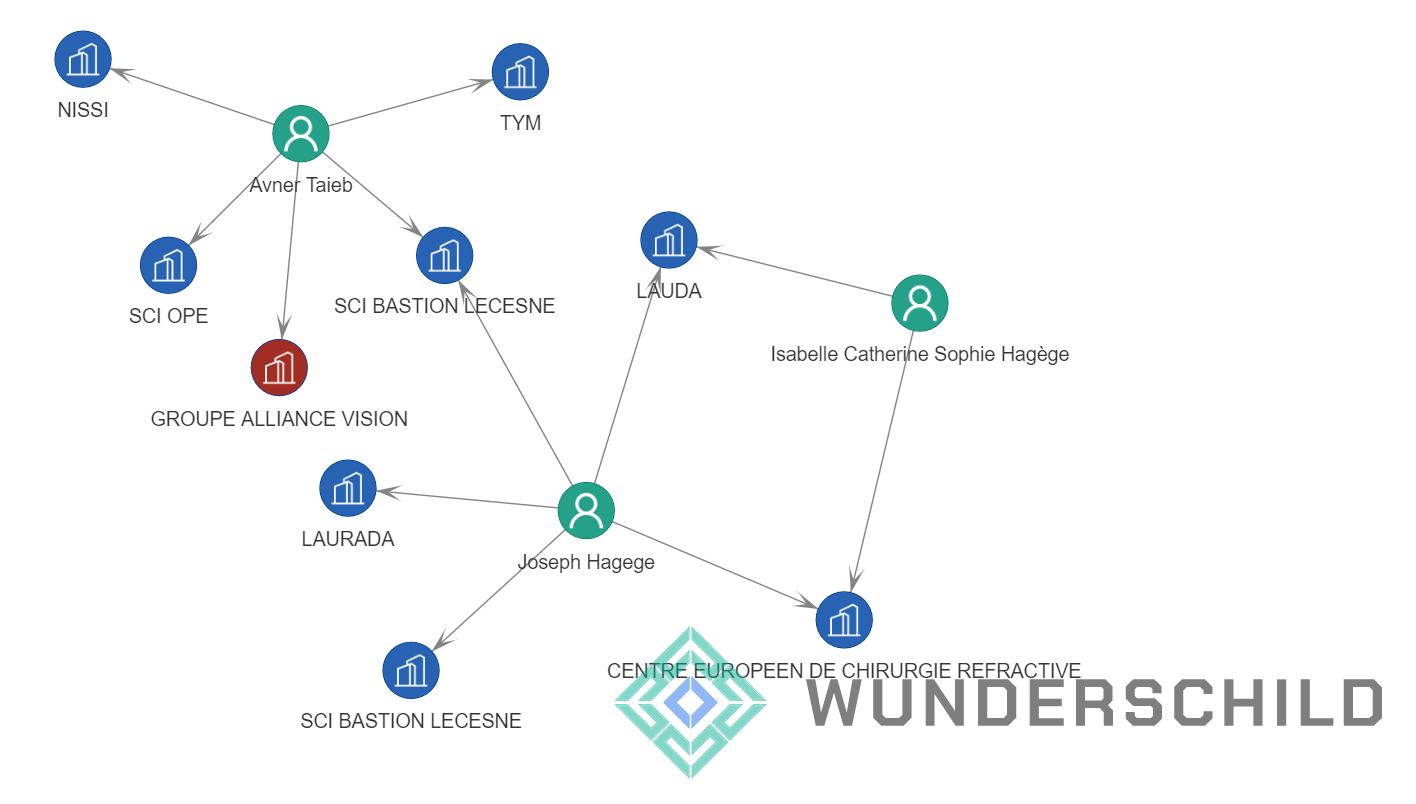
Nearly two years into the coronavirus pandemic, healthcare costs go through the roof. Governmental agencies approve massive reimbursements for medical practitioners amid an unprecedented sanitary crisis. And yet, there are subversive mechanisms generating hyperinflation in healthcare prices. So what is the role of fraud in the sharp rise of medicare costs?
Most Western countries have large and generous public health care systems, served by taxpayers’ money and rampant national debts. The several waves of coronavirus infections made health care services a national priority. Most people have access to medical care through generals and specialised practitioners, which operate in most cases via their private practices. Private companies perceived this sector as a fertile ground for business, especially in countries of the European Union. Over the past decade, health centres replaced private medical practices, which proposed a large offer of services from essential consultations to high-end surgery. Such health centres aim to make healthcare more accessible. Obviously, a big chunk of the cost of their services is covered by the respective national insurance schemes.
Nothing seems suspicious in such business models, already employed in the United States. The only alerts are triggered by the sudden increase in the cost of medical services provided by these health centres. Such big jumps were observed in the amount of health-related reimbursements in France and other countries. In reality, these health centres are invoicing the national health funds over-inflated bills, accounting for unnecessary or fictitious services in many cases. Ophthalmological and dental care services are among those with the lowest cost structure transparency, enabling fraud. Once the funds are disbursed, they must be syphoned off and laundered.
The health centres are, in most cases, non-profit associations. Therefore, fraudsters create shell companies such as IT or consultancy, domiciled offshore to syphon the money off the organisations, which invoice the health centres for fictitious services. Thus, taxpayers’ money is channelled to scammers’ pockets.
The estimated turnover of such a fraudulent health centre varies between 1 and 5 million euros, thereby putting them under investigators’ radar. Nevertheless, a network of several dozen health centres and an annual turnover of over 100 million euros, the pocketed funds representing more than half of the proceeds.
“If we are to ensure that healthcare remains affordable and widely available for future generations, we need to radically rethink how we provide and manage it - in collaboration with key health system partners - and apply the technology that can help achieve these changes.”
François van Houten, Chief Executive Officer of Royal Philips Electronics
Focus: Alliance Vision
The French healthcare system has the reputation of being one of the most generous in Europe. Over the past three decades, the system evolved towards a hybrid system where public and private health insurances coexist. The foundation of the French healthcare system was historically based upon self-employed medical practitioners, which were benefiting from direct reimbursement from public money.
Since 2015, organised health centres are slowly but surely replacing self-employed practitioners. Such medical centres offer mainly dental and ophthalmological consultations, which are, by the way, the most profitable.
Groupe Alliance Vision is such a health centre that rapidly expanded in France over the past two years. The company is based in Paris but has operations in over a dozen cities. Earlier this week, Alliance Vision’s branch in Nancy was the subject of a search warrant issued by the Paris prosecutor's office as part of a broader investigation intended to assess the transparency of these new health centres.
Initially, these new centres aimed to reduce the cost of health services and offer more flexible services, taking appointments seven days a week. However, the cost reduction never occurred in practice. Instead, the French health insurance saw a sudden increase in reimbursement to these centres. According to some statistics, since 2015, the cost of consultation in health centres has increased on average by more than 60%. Centres like Alliance Vision are able to pay their practitioner three times more than they would get as self-employed for the same services. Moreover, these centres are spending huge amounts of money on new equipment, high-end rental offices. Their modus operandi is far from being transparent and there are more suspicions that these new firms are invoicing the national health insurance over-inflated and even fictitious bills.
Alliance Vision got investigators' attention for several reasons. First, the company is registered at a postal code address on Champs Elysees and its director controls several other businesses, including restaurants and real estate. Second, while the company was incorporated in 2020, Alliance Vision had a rapid expansion in less than one year. Seemingly, the firm got reimbursed for over-estimated medical services.

Word on the street: Ex-Traficante in Medicare fraud
John Mamone, known as “Big John”, a former soldier for the Florida-based Trafficante crime family faces charges of Medicare fraud. Mamone entered the witness protection program 20 years ago after cooperating with the FBI against other Florida mobsters
At that time, he was running loan-sharking, money-laundering and marijuana-smuggling operations for the mafia in Florida. Two decades later the 70-year old informant pocketed from American taxpayers USD 3.8 million by submitting phoney bills to Medicare for knee, shoulder and wrist braces.
Mamone, who resides in Delray Beach, and two of his sons John Anthony and Joseph, pleaded not guilty last week to 10 charges, including conspiracy to commit health care fraud and paying kickbacks in connection with a federal health care program. The Mamones were released on a USD 500,000 bond.